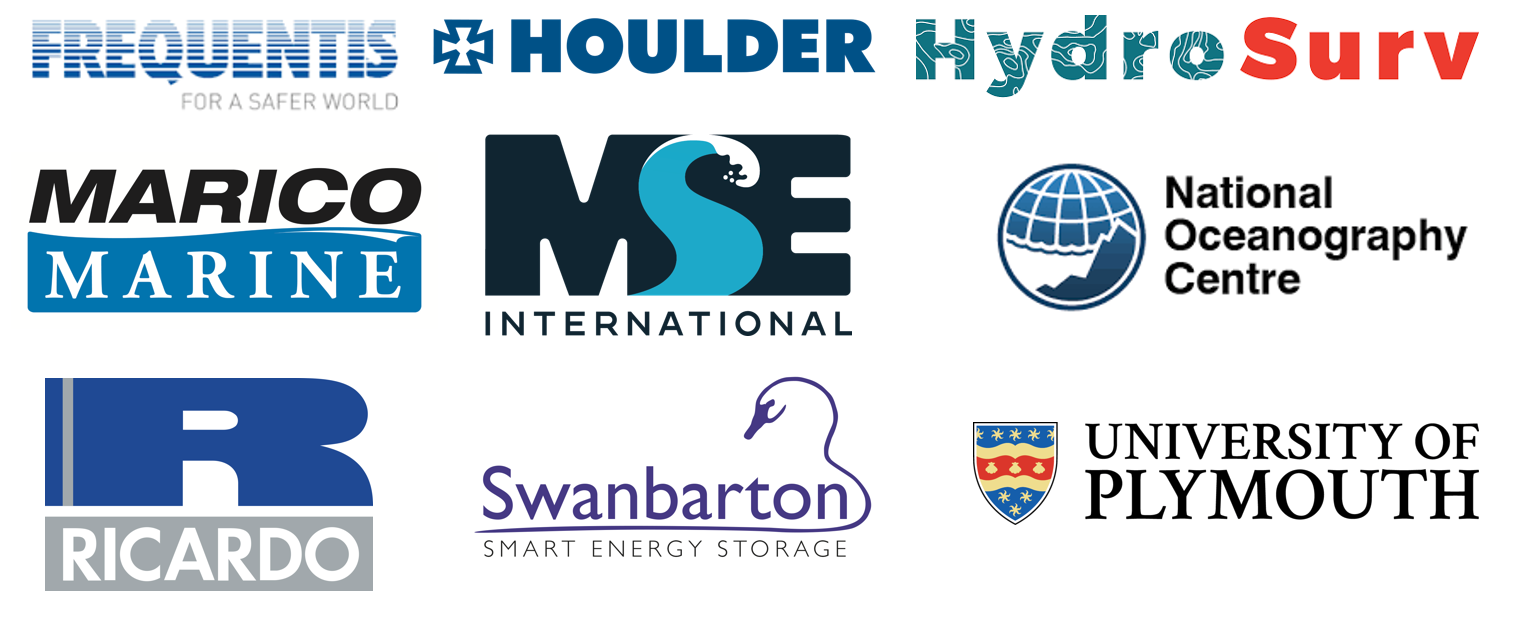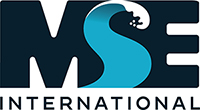SPINE: Shipping and Port Interfaces In New Era; Project overview

SPINE comprises of four SMEs, two large companies and three research technology organisations/university looking at ship-shore integration from an energy and autonomy perspective. The project brings together elements of infrastructure, data, automation and supporting communications. SPINE (Shipping and Port Interfaces In New Era) is being supported by MarRI-UK as part of the Smart Maritime Land Operations Call.
SPINE aims to establish an interface between ships, remote control centres, port operating systems and national energy infrastructure in order to holistically address the entire maritime value chain. The SPINE project will play an important role in supporting the delivery of the Government’s plans for Maritime 2050. The project will deliver a research and innovation project that links key elements of UK government policy and ambition while demonstrating implementation in a real-world environment.
The maritime industry is facing multiple challenges which need to be addressed strategically within a coherent investment plan. One of the most important challenges is decarbonisation (linked to the air quality challenge) articulated in the Clean Maritime Plan. This will require ports to supply diverse energy resources to vessels and in turn to procure those resources reliably from land-based supply chains. Optimising their investment strategy to meet the requirements of current and future vessels, whilst also remaining competitive and avoiding ‘stranded assets’, is a major challenge for ports and their associated supply chains. Optimising their investment strategy to meet the requirements of current and future vessels, whilst also remaining competitive and avoiding ‘stranded assets’, is a major challenge for ports and their associated supply chains. Global engineering, environmental and strategic consultancy, Ricardo, will lead this work package, working with battery and energy storage experts, Swanbarton and MSE International.
Houlder, which is a leading marine and offshore design and engineering consultancy with sustainability at its core, will address the novel automated berthing and connection systems that will be needed to support on-board energy requirements.
In parallel, rapid advances are now underway with de-crewing of vessels through increasing human-assisted autonomy, at various levels up to fully autonomous ships. Smart and autonomous shipping is reliant on robust datalinks between ship and shore. Establishing these datalinks will support the development of autonomous short sea shipping. Enabling the improved flow of data from ship to shore provides opportunities for additional integration of maritime and land-side operations that are not available via “traditional” shipping. Marico Marine, an independent marine consultancy specialising in services for ports, harbours and energy sectors will lead this work package, working with Frequentis, safety-critical communication and information experts, HydroSurv, innovators in Unmanned Surface Vehicles (USVs) for marine geospatial data, the NOC (National Oceanography Centre), marine research and technology specialists and experts from the University of Plymouth, specialising in AI in marine autonomy.
These trends are presenting operational challenges to ports but also opening up opportunities: by reducing the crewing costs of vessels, more efficient passage plans can become attractive (e.g. slow steaming). On-board condition monitoring will allow safe autonomous passage of MASS vessels and also enable ports to forecast vessel energy demands at berth and to maximise fuel/energy supply resilience.
The MarRI UK, Smart Maritime Land Operations Call, was launched in November 2022 as part of an initiative supported by the Department for Transport (DfT), aiming to fund projects that enable the automation of operations in the land/water interface, supporting both infrastructure and operations.
To be kept up to date with activities, projects and events in the area of maritime decarbonisation, sign up to the MSE Maritime Decarbonisation Interest Group here.



